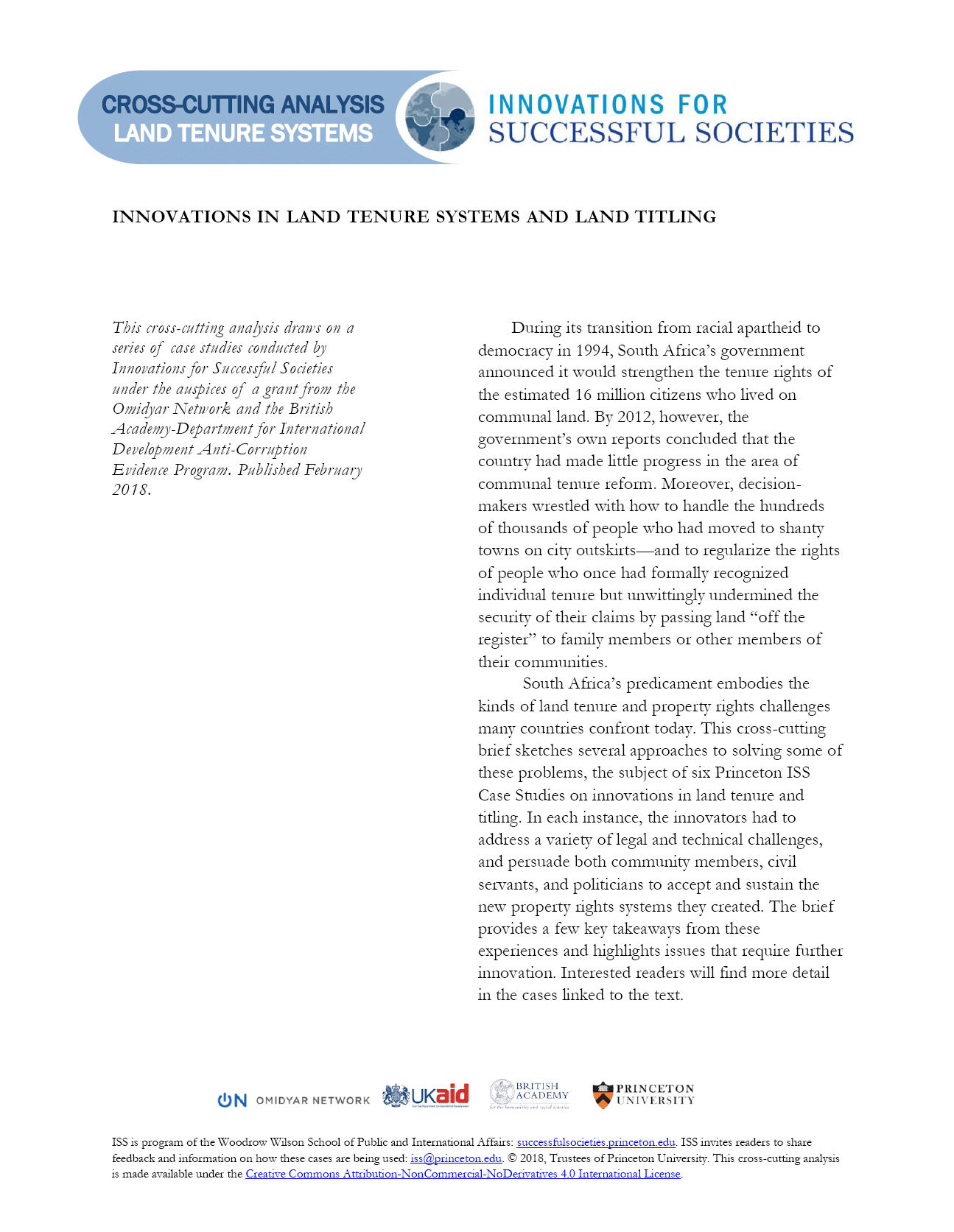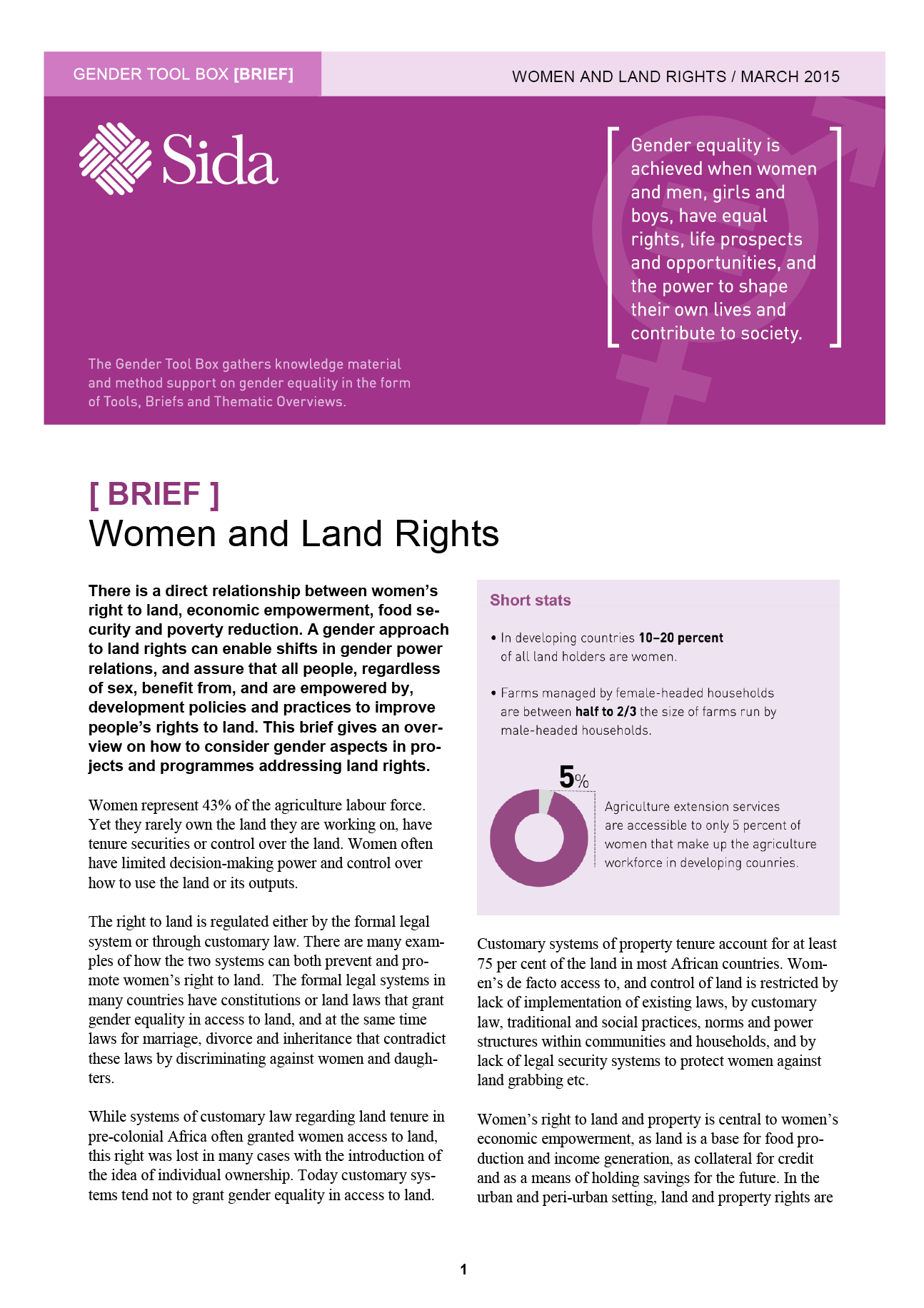Gender, institutions and sustainability in the context of forest decentralisation reforms in Latin America and East Africa
Women’s participation in decision making at the user-group level and in forest committees has been demonstrated to have a positive impact on forest sustainability. For example, women’s participation enhances forest regeneration and reduces illegal harvesting through improved monitoring. Their presence in forest user groups increases the groups’ capacity to manage and resolve conflicts, which in turn increases the likelihood that resource users will comply with and respect harvesting and use rules.





